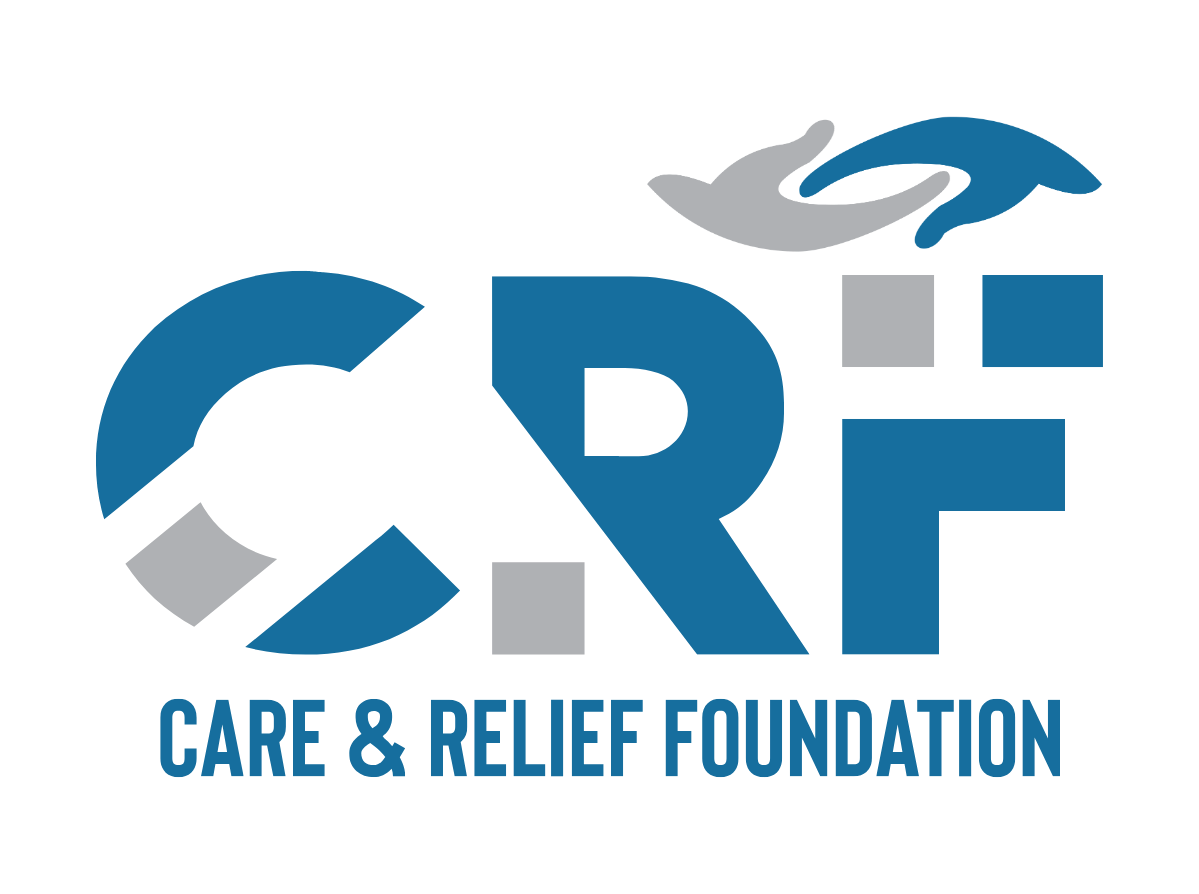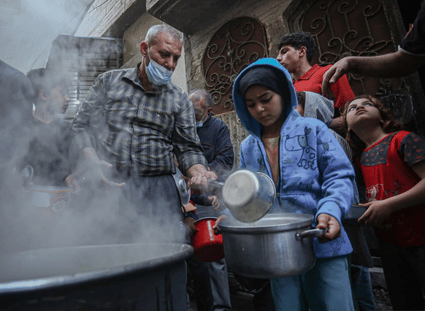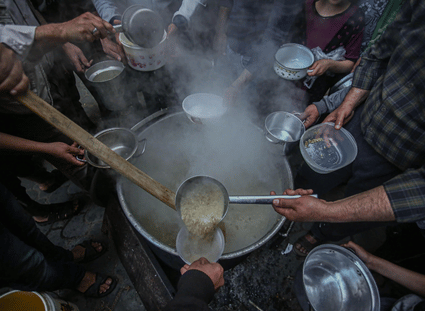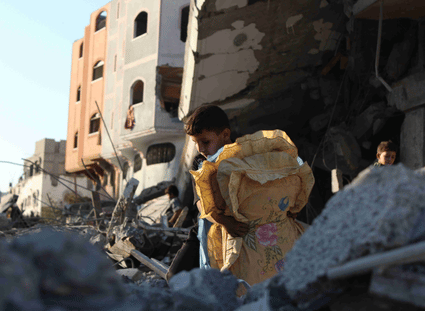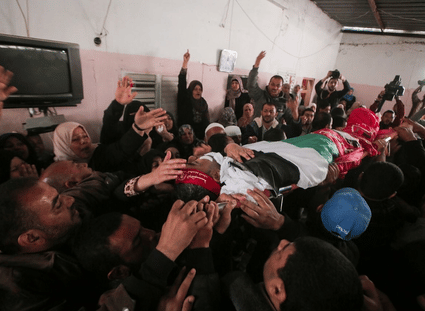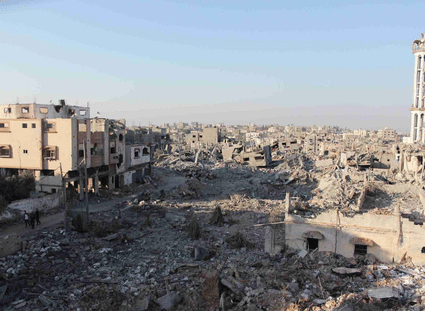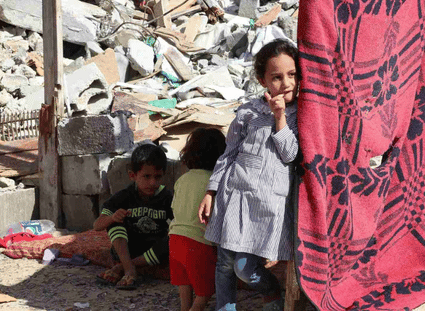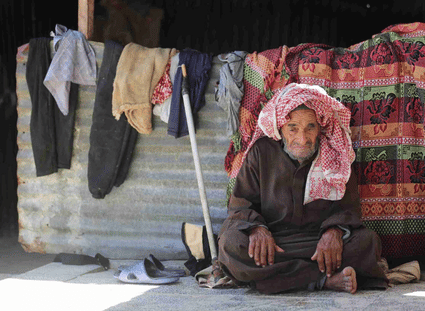Health Donation
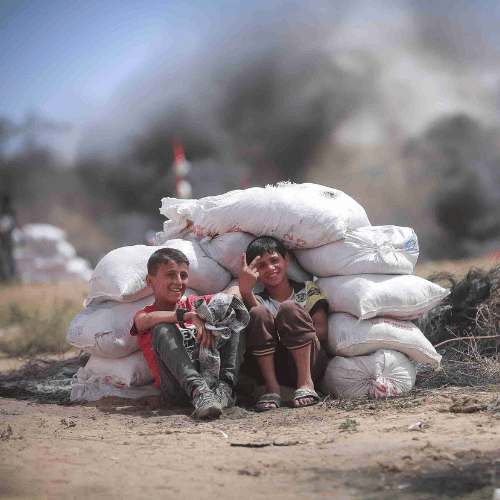
Understanding the Gaza Emergency: Humanitarian Crisis in the Palestinian Territory
The Gaza Strip, a densely populated Palestinian territory, has
been facing an ongoing humanitarian emergency due to a
combination of factors, including conflict, blockade, and
socio-economic challenges. The situation has been exacerbated
by recurrent cycles of violence, resulting in significant loss
of life, destruction of infrastructure, and displacement of
civilians.
The blockade imposed by Israel, in collaboration with
Egypt, restricts the movement of goods and people in and out
of Gaza, severely limiting access to essential goods,
services, and medical supplies. This blockade, in place since
2007, has led to high unemployment rates, food insecurity,
inadequate healthcare, and a lack of access to clean water and
sanitation facilities, exacerbating the humanitarian crisis in
the region.
Responding to the Gaza Emergency: International Aid and Relief Efforts
International organizations, NGOs, and humanitarian agencies have been actively engaged in providing assistance and relief to the people of Gaza. Emergency aid includes medical supplies, food aid, shelter assistance, and psychosocial support for affected populations.
These efforts aim to alleviate the suffering of civilians, particularly women, children, and the elderly, who are disproportionately affected by the crisis. Despite challenges posed by access restrictions and security concerns, humanitarian actors are working tirelessly to ensure the delivery of aid to those in need.
Coordination between various stakeholders, including governments, UN agencies, and local NGOs, is crucial to effectively address the multifaceted needs of the population and mitigate the impact of the emergency.
Addressing the Root Causes of the Gaza Emergency: Pathways to Sustainable Solutions
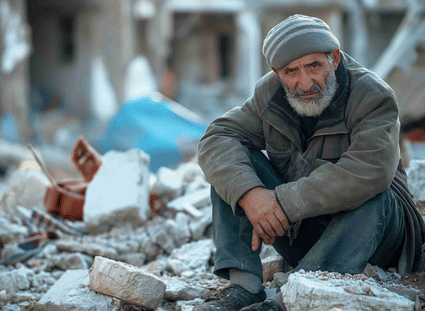
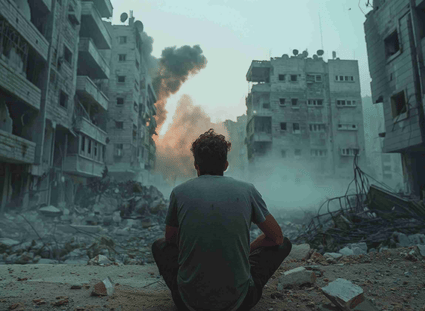
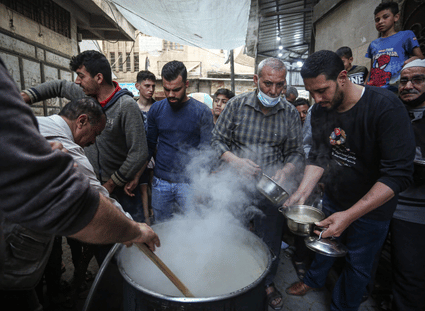
donation
While emergency aid is essential for immediate relief, addressing the root causes of the Gaza emergency requires a comprehensive approach that addresses underlying political, economic, and social factors.Sustainable solutions must prioritize the protection of human rights, adherence to international law, and the pursuit of a just and lasting resolution to the Israeli-Palestinian conflict.
- Resolving the Israeli-Palestinian conflict is fundamental to addressing the root causes of the Gaza emergency.
- Political dialogue, negotiation, and compromise are essential for reaching a just and lasting solution that recognizes the rights and aspirations of both Palestinians and Israelis.
- Internal divisions among Palestinian factions have contributed to the political and social instability in Gaza.
By addressing these underlying factors and pursuing sustainable solutions, the international community can contribute to alleviating the suffering of the people of Gaza and fostering a more stable and prosperous future for the region.
Frequently Asked Questions
When deciding which charity to donate to, it's important to do your search and find one that aligns with your values and interests.
